Iran ready to meet Iraq’s pharmaceutical, medical needs: First VP
Iran's First Vice President Mohammad Mokhber has expressed the country's readiness to provide Iraq with medical products, noting that joint cooperation between the two neighboring countries can turn them into a “pioneer” in the pharmaceutical export market.
In a meeting with Iraqi Health Minister Salih al-Hasnawi in Tehran on Sunday, Mokhber underlined the need for expanding ties between the Iranian and Iraqi health ministries in various areas.
“The Iranian companies that produce medicines and advanced medical items are ready to meet Iraq’s medical and pharmaceutical needs,” he said.
“Through joint cooperation, Iran and Iraq can set up a pharmaceutical production line and export medicines to the Islamic countries as a pioneer in the region.”
He said while Tehran-Baghdad relations are positive and developing in political, economic, and cultural fields, they need to strengthen bilateral ties.
“The Islamic Republic of Iran has always supported Iraq’s stability, security, independence, territorial integrity and authority, as well as its regional and international status,” he added.
Hasnawi, for his part, said that the major priority of the Iraqi government is to consolidate bilateral relations with the Islamic Republic.
An Iraqi company has signed a contract with Iran to produce medicines in the Arab country, he pointed out, voicing Baghdad’s preparedness to provide the ground for Iranian factories and pharmaceutical companies to operate in Iraq.
Iran welcomes expansion of health diplomacy with Iraq
On Saturday, Hasnawi met with his Iranian counterpart, Bahram Einollahi, in Tehran, where the latter emphasized that health diplomacy with Iraq should be promoted by the formation of special working groups.
“Given good Iran-Iraq cooperation in the field of medicines and medical equipment, they should expedite the implementation of memoranda of understanding (MoUs) to improve services to their people,” Einollahi said.
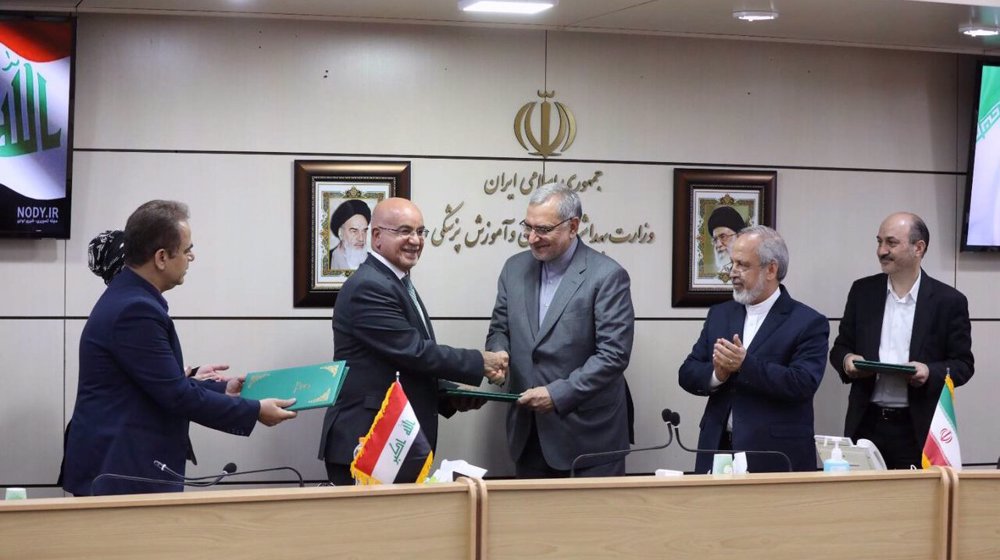
He also asserted that Iran can share with Iraq its experience in building hospitals, conducting joint health projects, and patient screening programs to treat them.
The Iraqi health minister, in turn, said that it is necessary to increase health cooperation with Iran, especially during Arba’een, an annual event that marks the 40th day after the martyrdom anniversary of Imam Hussein (AS), the third Shia Imam.
“Since 2003, we have registered Iranian medicines in Iraq in an unprecedented manner. Some problems [in this regard] are being resolved,” he added.
247 medical centers can admit foreign patients: Official
In another meeting in Tehran on Sunday, Hasnawi held talks with Iran’s Deputy Minister of Health and Medical Education Saeed Karimi.
The Iranian official announced that 247 medical centers in the country comply with the standards required for admitting foreign patients.
The figure, he explained, includes 226 hospitals, 18 daycare centers providing outpatient care that does not require overnight stay, and 3 dental facilities.
Karimi further said that last year more than one million foreign patients were admitted to Iranian hospitals, mostly from Afghanistan and Iraq, followed by Pakistan, Azerbaijan, Oman, Armenia, Tajikistan, Turkmenistan, Turkey, and Bahrain.
So far, he said, patients from 164 countries have traveled to Iran to receive medical services in infertility treatment, obstetrics, and gynecology diseases, ophthalmology and orthopedics, as well as plastic vascular and urology surgeries.
VIDEO | Internal rifts within Israel
Russia launches 'ICBM' for first time against Ukraine: Kiev
Scores killed as Takfiri terrorists target Shia Muslims in Pakistan
Pezeshkian to US, Europeans: You are killing women, children
VIDEO | COP29: another climate failure?
ICC issues arrest warrants for Netanyahu, Gallant for war crimes
Israeli strikes kill 88 Palestinians in northern Gaza
American voters plainly rejected complicity in Gaza genocide: Iran FM spox


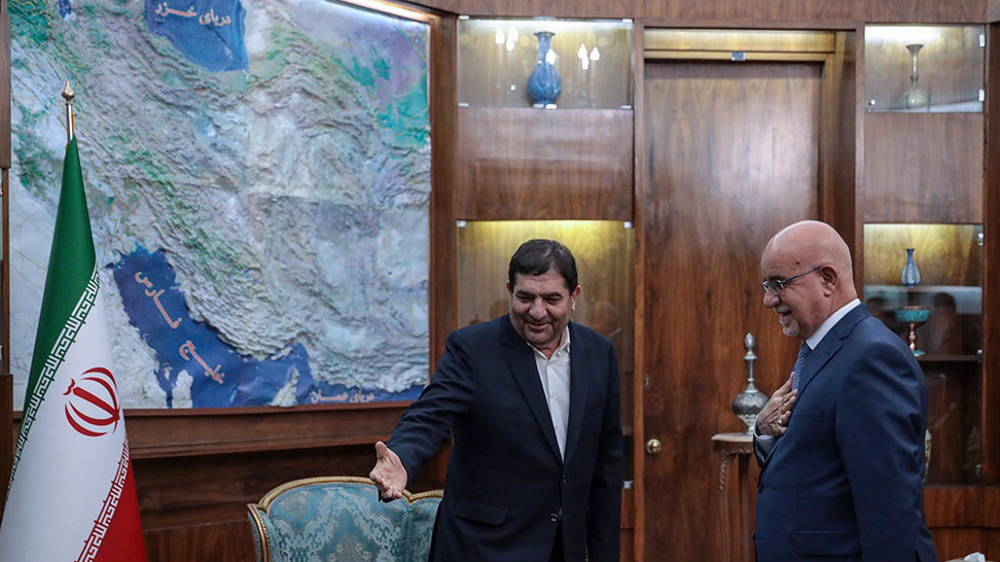






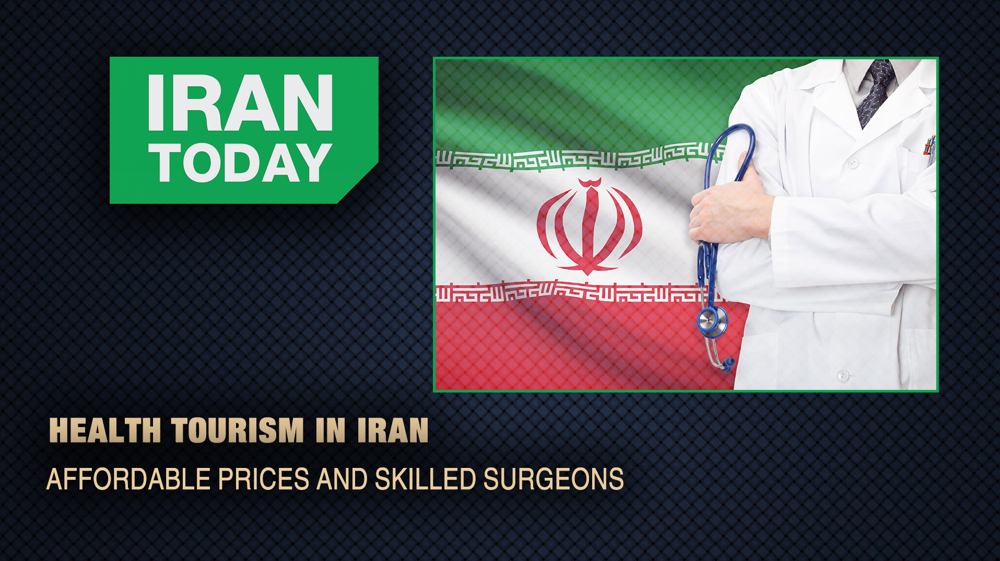
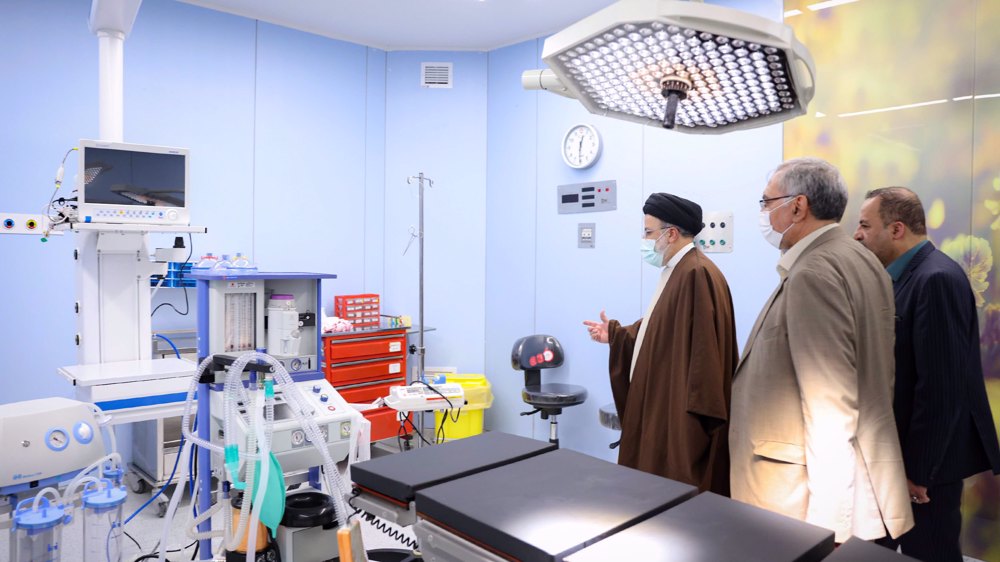
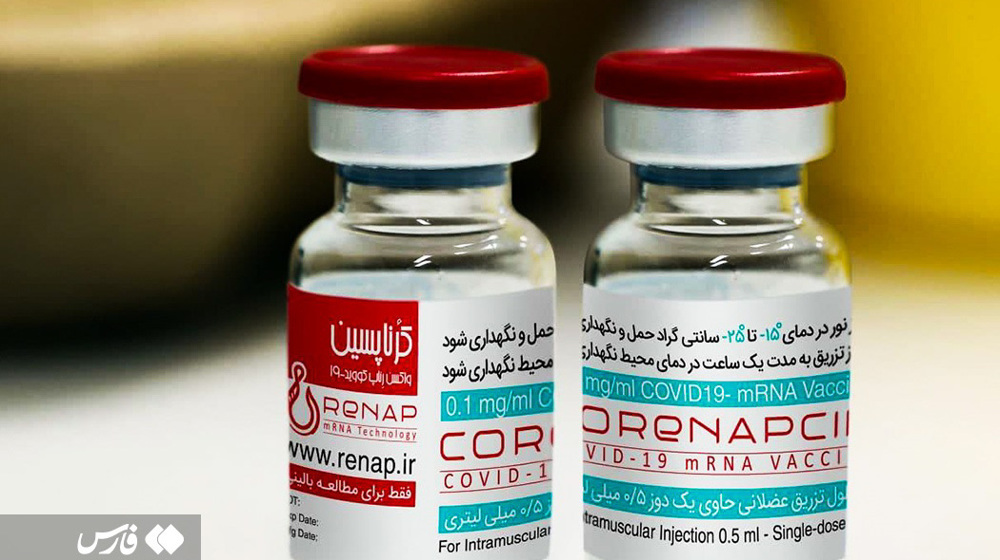
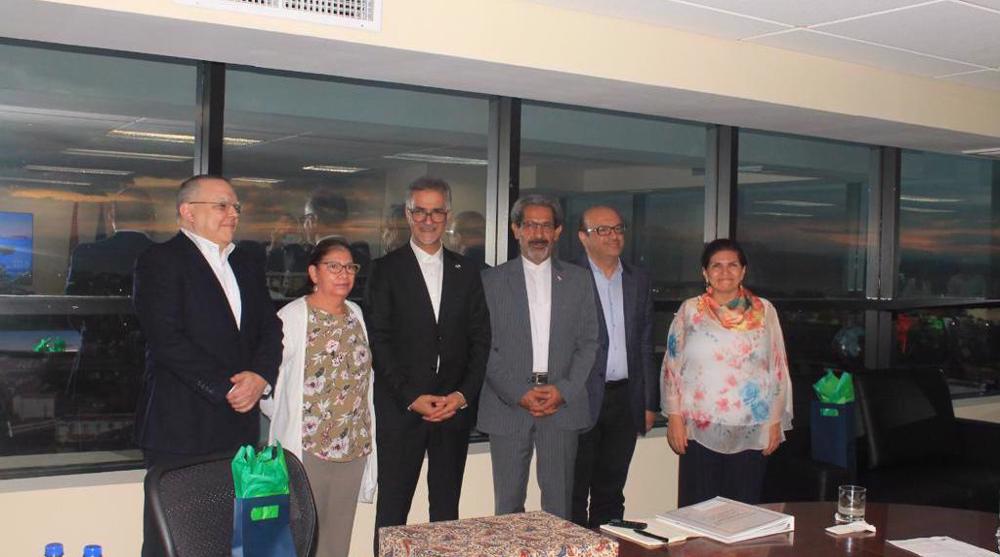
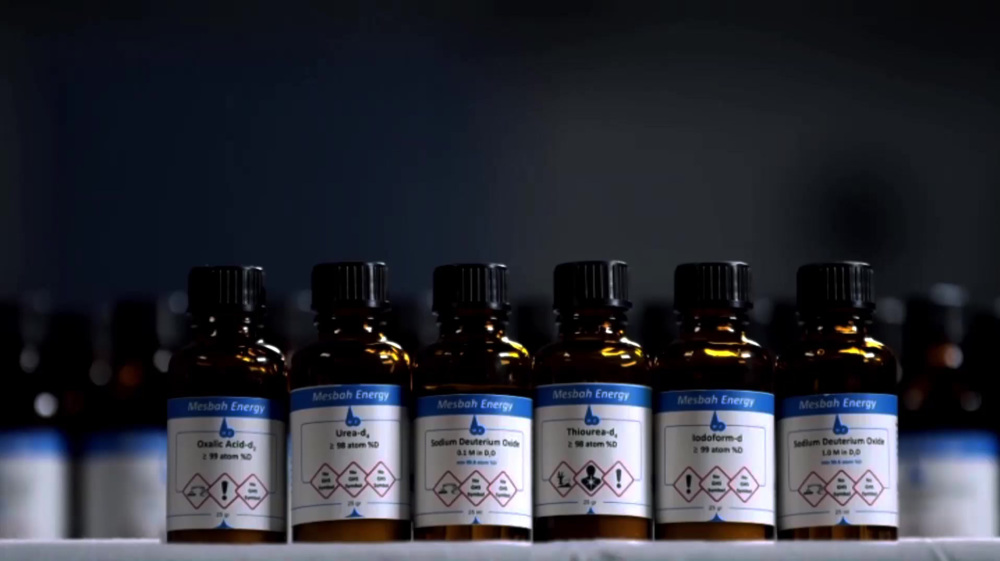

 This makes it easy to access the Press TV website
This makes it easy to access the Press TV website